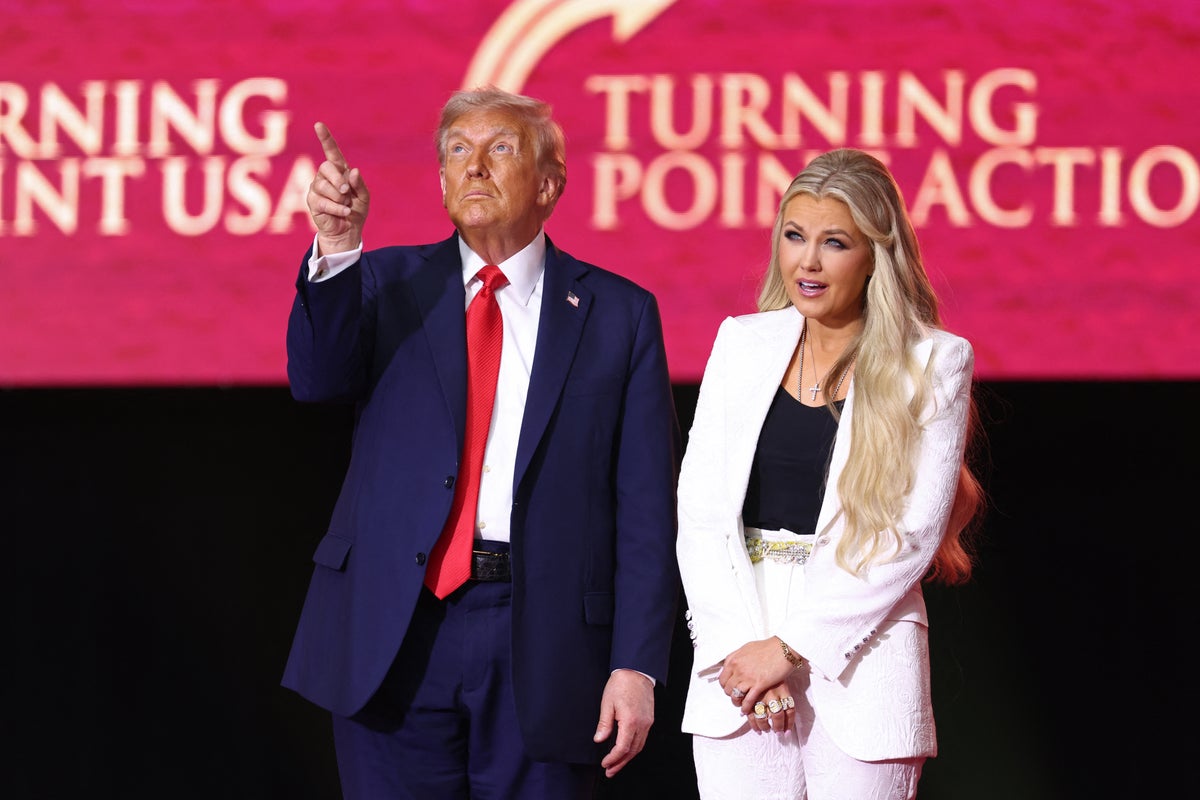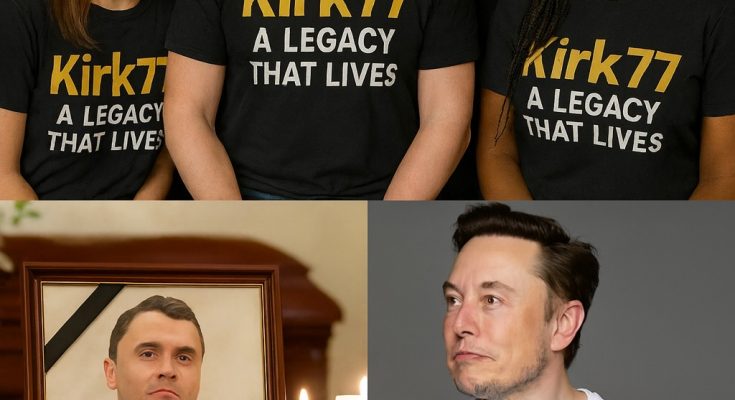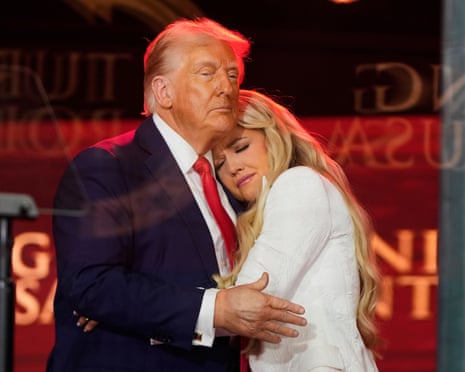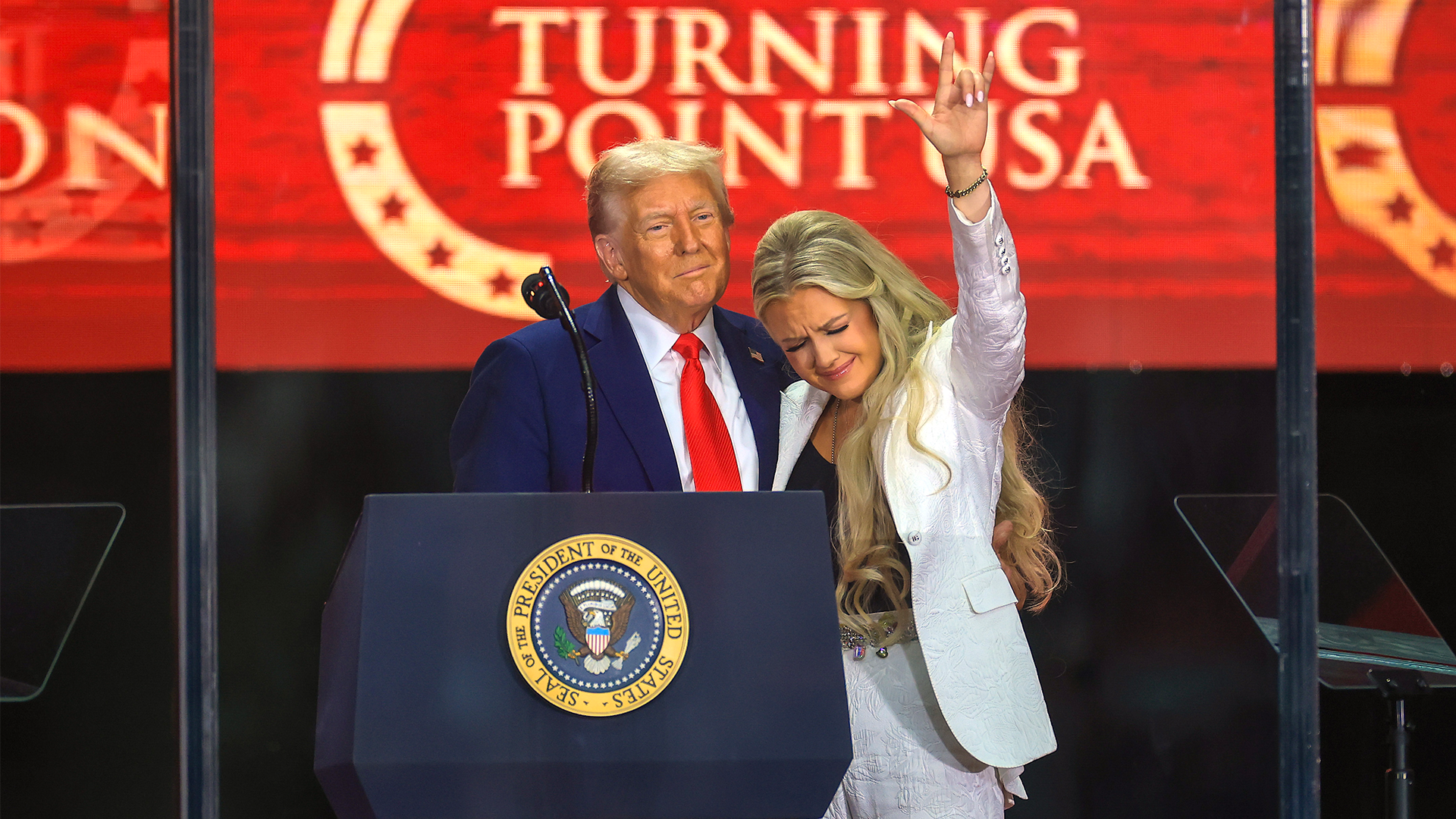Introduction: A Legacy Sewn Into Fabric
When Elon Musk walked onto the stage in Fremont, no one expected a fashion statement. Tesla engineers thought it might be a product announcement. SpaceX staff assumed it was about rockets. Investors anticipated numbers.
But instead, Musk lifted up a simple black T-shirt. White bold letters. Nothing more.
“Kirk77: The Legacy Lives On.”
At that moment, silence swept across the room. The world’s richest man wasn’t selling cars or launching spacecraft. He was sewing memory into fabric — a fabric meant to hold an entire company’s grief and pride together.
The Shirt That Became a Pledge
Musk’s voice shook slightly as he explained:
“This shirt is not just cotton. It’s a vow. Every time we wear it, we carry Charlie’s fight, his fire, and his fearless spirit.”
No one clapped at first. They didn’t know if they should. Then came the wave — slow, hesitant applause that grew into something closer to thunder.
This wasn’t corporate merch. It was a declaration.
Factories, offices, launch sites — every Tesla and SpaceX location would distribute the shirt. And every employee, from software coders in Palo Alto to welders in Boca Chica, would wear it as one body, one message.
A Company-Wide Ritual of Remembrance
By the next morning, photos started flooding social media. Tesla mechanics in Nevada lined up in their matching shirts. SpaceX technicians adjusted rockets with the bold “Kirk77” stretching across their backs.
The image was surreal: two of the most futuristic companies on earth pausing not for a product, but for a person.
And that’s when it hit many employees. The shirt wasn’t for publicity. It wasn’t for outsiders. It was for
them.
It was a way of saying: you are not alone in mourning.
The Fire That Wouldn’t Die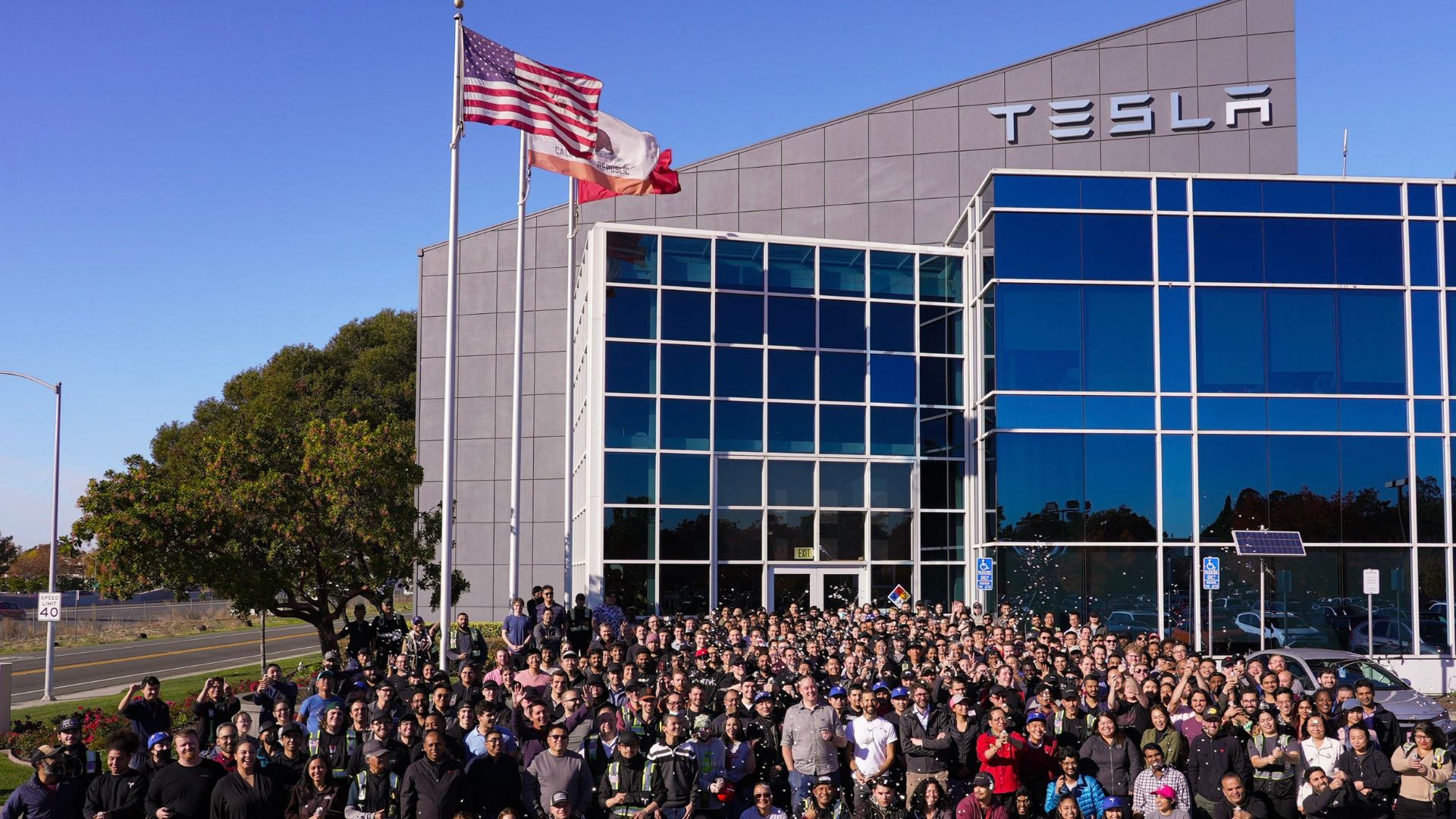
Charlie Kirk wasn’t part of Tesla’s board. He didn’t engineer SpaceX rockets. But Musk insisted his influence ran deeper.
“Charlie represented a fire most people are afraid to touch,” Musk told his team. “He lived with no fear, and he reminded us that the future is not given — it’s fought for.”
In Musk’s telling, Kirk wasn’t just a political voice. He was an energy source. A reminder that battles aren’t won by hesitation.
The shirt became a flame people could wear. And every time someone pulled it over their shoulders, they weren’t just dressing. They were declaring war on fear itself.
From Fabric to Movement
At SpaceX’s launch site in Florida, the first Falcon 9 rocket rolled onto the pad as workers in black shirts stood shoulder-to-shoulder. Photos captured the contrast: blazing white rocket, endless black fabric below, the slogan glowing like a single heartbeat.
One engineer said: “I’ve never seen this before. It feels like we’re part of something bigger than spaceflight.”
At Tesla headquarters, a software developer taped his shirt to the wall above his desk, like a flag. Others wore it proudly on Zoom calls, refusing to blur the message.
Soon, customers began asking where they could buy one. Musk made it clear: these shirts weren’t for sale. They were sacred.
The Moment That Broke the Room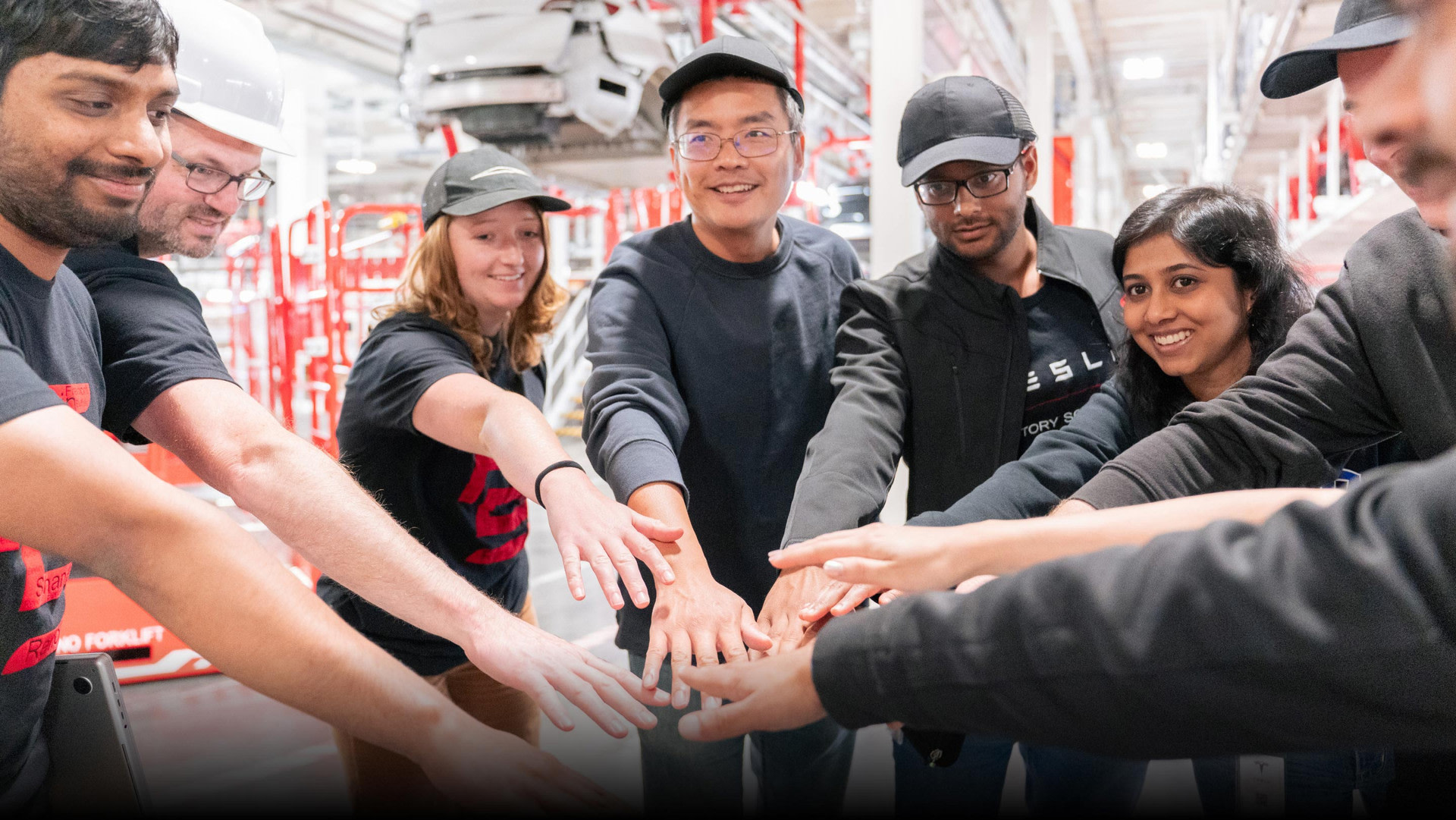
During his address, Musk paused for a long time. Too long. He stared at the shirt in his hands, then looked out at the sea of employees waiting for him to speak.
And then he said the words that cracked the room open:
“We don’t just build machines. We build meaning. And today, every car we make, every rocket we launch, carries him with us.”
People cried. Not just interns or junior staff. Senior engineers, people who usually showed zero emotion, were wiping tears.
It was no longer a launch speech. It was a eulogy disguised as a product reveal.
Critics Call It Excess, Employees Call It Healing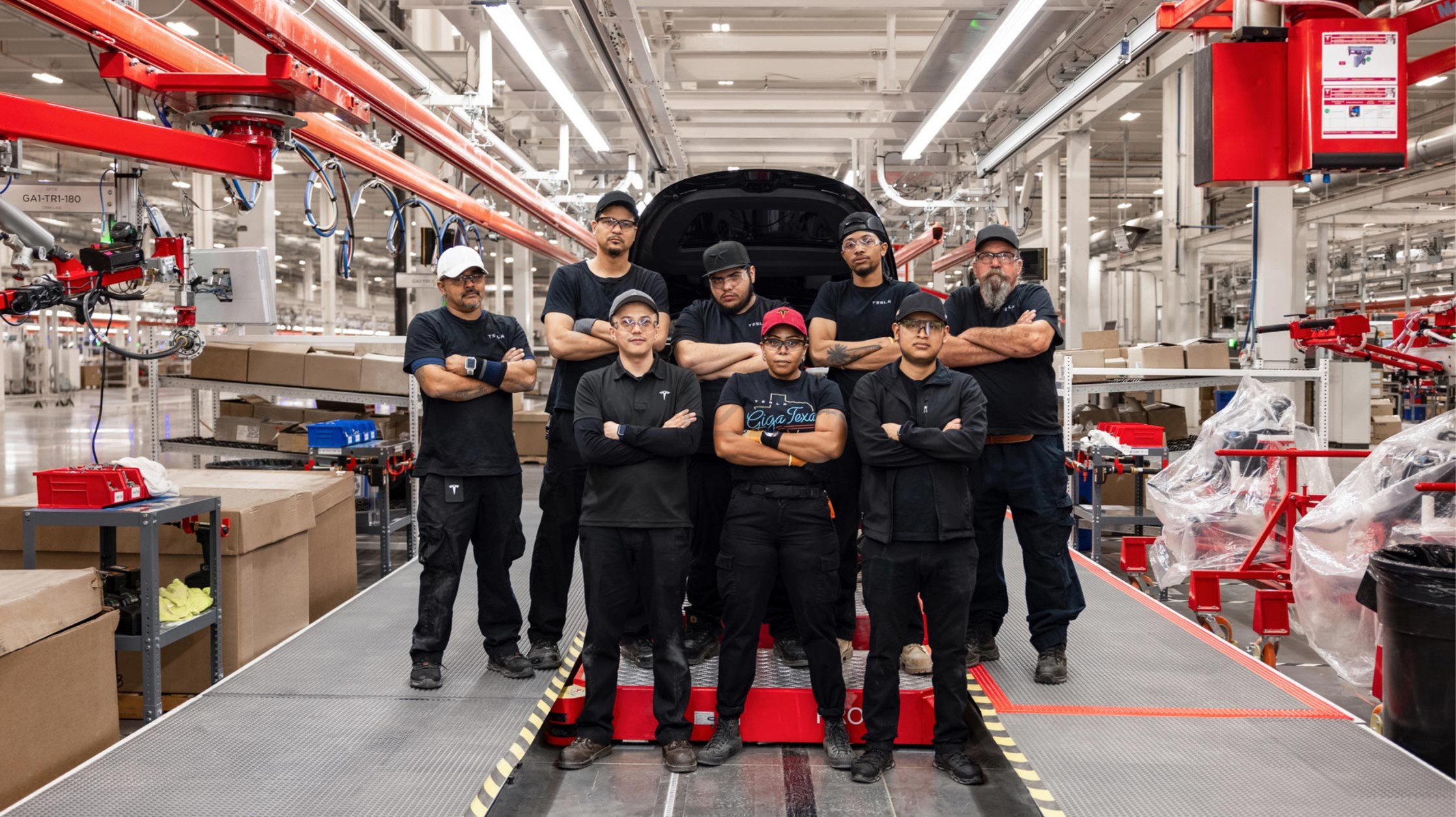
Of course, not everyone saw it the same way. Some critics online accused Musk of turning grief into branding. They mocked the simplicity of the shirt. They questioned whether it was appropriate for a company-wide policy.
But inside Tesla and SpaceX, the reaction was entirely different.
Workers said it gave them a shared language for grief. A ritual that made the loss feel less lonely. It wasn’t about Charlie Kirk himself — it was about belonging to something that dared to remember, instead of move on too quickly.
One mechanic whispered: “This is the first time I’ve seen a boss make mourning feel like teamwork.”
When Factories Become Sanctuaries
Factories are usually loud, metallic, unforgiving. But over the past week, Tesla plants took on a different air. The shirts made people glance at one another differently. There was an unspoken bond.
Even in the roar of machines, you could feel the weight of silence — the kind that only comes when everyone is thinking about the same absence.
At night, some workers said they left the shirt on their chair like a candle. They didn’t want to fold it away. They wanted to see it first thing in the morning, a reminder that their day had meaning beyond production quotas.
The Shirt as a Symbol of Defiance
For Musk, the tribute wasn’t just about honoring someone gone. It was about defiance — against forgetting, against indifference, against the corporate instinct to move on.
The shirt became a middle finger to time itself, a way of saying: we will not let this name fade.
And whether you agreed with Musk’s politics or not, you couldn’t deny the image: thousands of workers in identical black shirts, moving in unison, creating machines that will outlive them all.
The Final Promise
As Musk wrapped up the unveiling, he left his employees with one final sentence:
“Every empire builds monuments. This shirt is ours. But unlike stone, it moves, it breathes, it fights.”
With that, he walked off stage. No product demo. No reveal. Just a shirt — and a company that would never look the same again.
Conclusion: The Fabric of Memory
In a world obsessed with moving forward, Elon Musk forced his people to pause. To remember. To promise.
Maybe to the outside world, it’s just fabric. But to the people who wear it, it’s armor. A vow. A heartbeat.
And perhaps that’s the point: the future isn’t made only of steel and fire. Sometimes, it’s stitched into cotton.
Trump’s Secret Arrangements: How He Made Erica Kirk Feel Safe to Stand Before 200,000 Mourners
